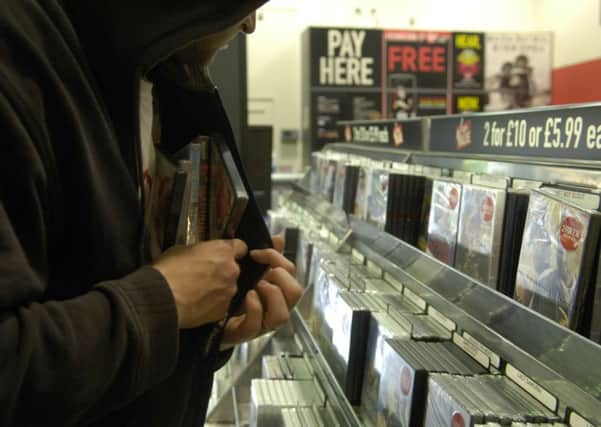‘Give human trafficking victims legal protection’


Legislation which would create a single offence of human trafficking is currently working its way through the Scottish Parliament.
But in a series of submissions to the justice committee, bodies including the Faculty of Advocates and the Edinburgh Bar Association have argued the bill does not go far enough in protecting victims.
Advertisement
Hide AdAdvertisement
Hide AdAnd Police Scotland has called for a definition of “forced criminality” to be inserted into the bill to protect those found to be breaking the law during their exploitation.
The Human Trafficking and Exploitation (Scotland) Bill was introduced at Holyrood in December and would strengthen existing criminal law in the area, creating a single offence of human trafficking for all forms of exploitation of adults and children.
However, the Faculty of Advocates said it was not sufficient to rely on guidelines from the Lord Advocate to save victims being taken to court, with the need instead for a statutory defence.
The Scottish Government has rejected that idea, arguing it would place a burden on victims to prove a link between their offending and their trafficked status.
The faculty said: “We consider, however, that the availability of a statutory defence would provide a significant additional protection to victims of trafficking, and that it would be desirable to protect victims by this means as well as by means of the Lord Advocate’s guidelines.
“If an individual is not recognised by the Crown as being, or appearing to be, a victim of trafficking, or the Crown does not accept that there is a link between the offending behaviour and status as a victim, the individual may have difficulty in challenging effectively a decision to prosecute. If prosecuted, it may be very difficult to establish, for example, a common law defence of necessity. This leaves a gap in the protection of the victim.”
In its submission to the committee, Police Scotland said the legislation should be “future proofed” to take account of an evolving situation where victims are already being forced into crimes such as shoplifting and benefit fraud.
Assistant Chief Constable Malcolm Graham said: “Police Scotland is strongly of the opinion that reference to forced criminality should be inserted as a separate definition of exploitation within Section 3 of the bill. This would clearly highlight the fundamental differences between forced criminality and forced labour and increase awareness and appreciation of the scope of exploitation.”
Advertisement
Hide AdAdvertisement
Hide AdA Scottish Government spokeswoman said: “This bill has the needs of victims at its heart, guaranteeing they will receive the support they need as well as strengthening criminal law against those who traffic and exploit others.
“It does include a presumption against prosecution where there is credible evidence that a person has committed a crime as a direct consequence of their trafficked status. It is a fundamental principle of our legal system that the final decision on any prosecution rests with the Lord Advocate. These provisions are in line with international standards and best practice, including the EU directive on human trafficking.”
FOLLOW US
SCOTSMAN TABLET AND MOBILE APPS